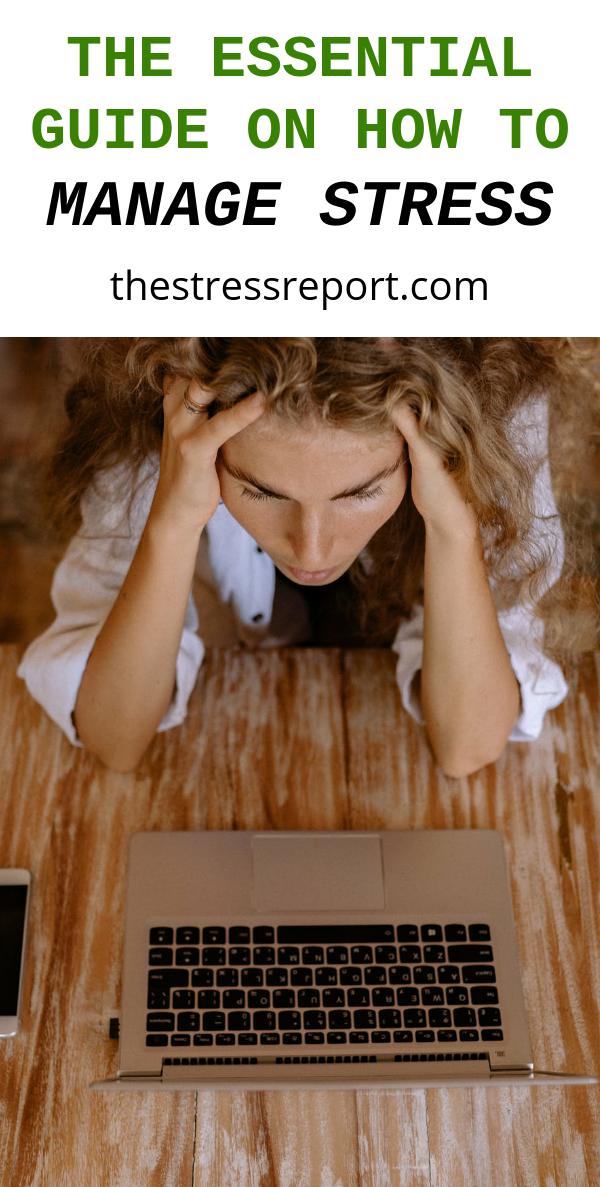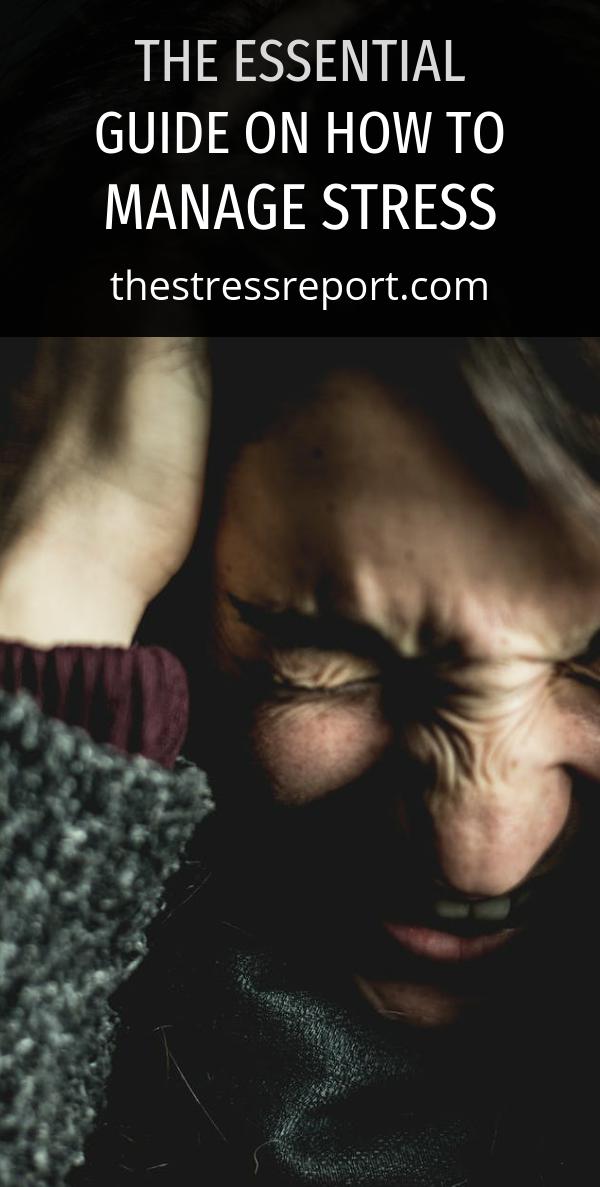Stress management is one of the most important parts of dealing with the common day-to-day issues that are often faced by a person. However, many people still seem to think that stress management is a new age fancy, something that has only recently been invented and which has now become the norm. In reality, stress management goes back to ages, but it is not something that has only become popular in recent times.
There are many types of stress out there. These can be of different types, but usually have two things in common – they are unwanted, and they create tension. Unwanted stress, in the right amounts, is not really that bad and can be used to get better as well as at the same time dealing with what was felt to be out of control. Unwanted stress can, however, also be harmful, as some people have found to their detriment.

Let us see some different types of stress out there. First, there is the stress created by our jobs, whether it is a job where we are able to manage stress well or not. There is also the stress that comes from our relationships, whether it is the level of stress that arises when things don’t go our way or the time when things aren’t going our way.
There is also the kind of stress that comes from different types of thinking. There is also the stress caused by one’s moods, whether they are good or bad. There is also the feeling of stress that comes when one is unhappy with one’s body or what it is like to be stressed, especially if that is the way they have always been. And there is also the kind of stress that comes from thinking too much about one’s problems, which can lead to some serious anxiety.
There is also the sort of stress that comes from one’s thoughts. This is the kind of stress that is caused by thinking about issues such as death, disease, or any other aspect of life. This type of stress is not necessarily harmful, but some people tend to become obsessed with these thoughts, thinking that they will never be able to handle them, especially in difficult situations. The best way to deal with this type of stress is to learn to let it go and think of something else to be worried about.
Stress is a result of the mental state of a person. The amount of stress that one feels affects the mood, energy, and mental stability of a person. Stress can also affect how a person deals with different situations. Those who suffer from high levels of stress often complain about feeling drained and tired, yet how they handle the situation affects the quality of their lives.
Stress is often associated with various kinds of anxiety. Anxiety is considered a common part of the human experience, and it is also considered to be one of the commonest causes of stress. While one may experience mild stress because of fear, the general condition that is normally associated with stress is more severe stress, and it is this state that causes the problem.
While having anxiety is natural, the symptoms of anxiety disorders are different from the ones that are related to stress. A person with an anxiety disorder often feels anxious without any physical symptoms whatsoever, and instead, feels that his or her brain is working improperly, making it difficult for him or her to cope with everyday life.
You can go through life without ever feeling a lot of stress, but that will never happen if you keep adding to your negativity and negative emotions. It is the same with stress: your emotions are so essential in shaping your experience of life that without them, you will just live in a cycle of negative and anxious feelings, which is simply a slow and gradual deterioration of your quality of life.

Stress, in general, is often part of life. One of the problems associated with the very notion of stress is that we tend to equate it with a bad thing, and this leads to a general picture of a world of stress that is basically unfavorable. However, the truth is that stress can be positive as well as negative, and you will just need to know how to deal with it. This means being aware of the different kinds of stress, including those that are more natural to our daily experience and those that come about when one doesn’t know how to handle stress correctly.
Most of the time, you can see and feel the effects of stress in the body through bodily changes such as headaches, a lack of appetite, changes in sleep patterns, irritability, inability to concentrate, and even depression. These are common-sense signs of stress that anyone can easily deal with, and they are very common problems that you can easily correct with simple measures such as proper diet and exercise, or doing yoga. avoiding things that cause undue stress.




